国际学生入学条件
Applicants for graduate admission should have at least a B or equivalent average in previous university/college studies and appropriate undergraduate preparation in their fields of study.
IELTS - 6. TOEFL (IBT) - 79 no section subscore lower than 19 .TOEFL PBT - 550
展开
IDP—雅思考试联合主办方

雅思考试总分
6.0
- 雅思总分:6
- 托福网考总分:79
- 托福笔试总分:550
- 其他语言考试:PTE ACADEMIC - 53
CRICOS代码:
申请截止日期: 请与IDP联系 以获取详细信息。
课程简介
The Department of Civil Engineering offers a Bachelor of Science in Civil Engineering (B.S.C.E.) degree. BSCE is the road map that leads to a professional engineering degree that emphasizes the engineering sciences and civil engineering design concepts needed to properly design, construct, and maintain naturally and/or physically built environmental systems such as roads, highways, bridges, dams, canals, water treatment plants, wastewater treatment plants, and buildings. The Civil Engineering curriculum prepares the student for both professional practice and graduate study.<br><br>At the graduate level, the department has offerings for the Master of Science (M.S.) and Doctor of Philosophy (Ph.D.) in engineering science with an emphasis in civil engineering. The latter graduate degrees are listed under the School of Engineering.<br><br><br>The M.S. in engineering science is offered in a number of emphasis areas: aeroacoustics, chemical engineering, civil engineering, computational hydroscience, computer science, electrical engineering, electromagnetics, environmental engineering, geology, geological engineering, hydrology, mechanical engineering, material science and engineering, and telecommunications. <br><br><br>A M.S. in engineering science with emphasis in environmental engineering prepares a student with advanced technical knowledge and communication skills for pursuing a career in industry, engineering research and development, public service, or for doctoral work. Students can concentrate in any of the following specialty areas: water resources, watershed systems, hydrology, surface water quality, stormwater, wastewater, solid waste, air pollution, groundwater modeling and remediation, and remote sensing and geospatial technologies. Students entering the program come from a variety of engineering and nonengineering disciplines, such as geology, chemistry, biology, and mathematics
展开







 预科
预科 奖学金
奖学金 实习机会
实习机会 在校学习
在校学习 跨境学习
跨境学习 校园授课-线上开始
校园授课-线上开始 在线/远程学习
在线/远程学习



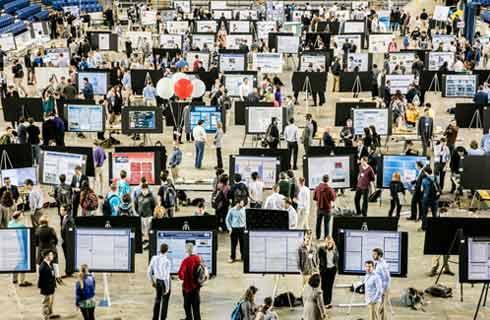

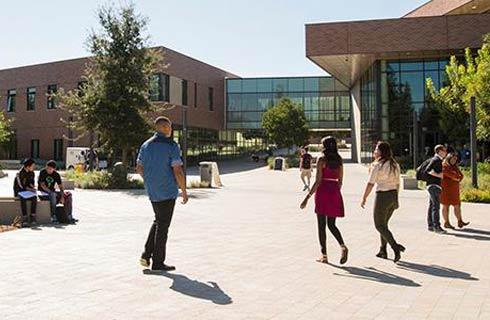

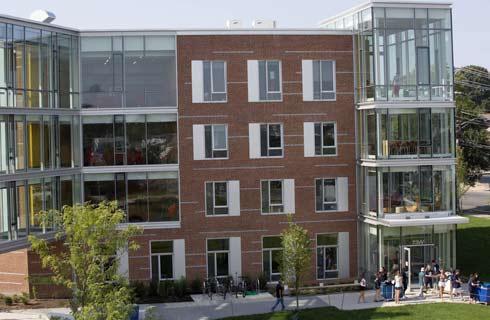

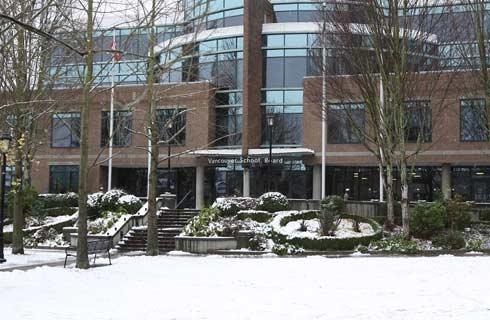


 滑铁卢大学
滑铁卢大学

 达尔豪斯大学
达尔豪斯大学

 达尔豪斯大学
达尔豪斯大学

 萨省理工学院
萨省理工学院
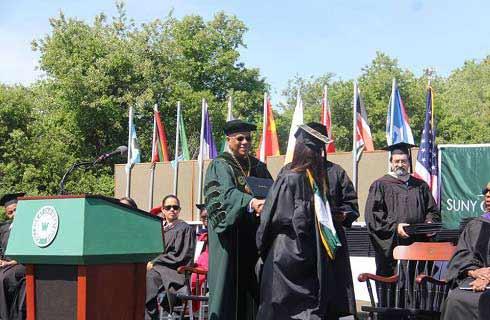
 北阿尔伯塔理工学院
北阿尔伯塔理工学院

 渥太华大学
渥太华大学










